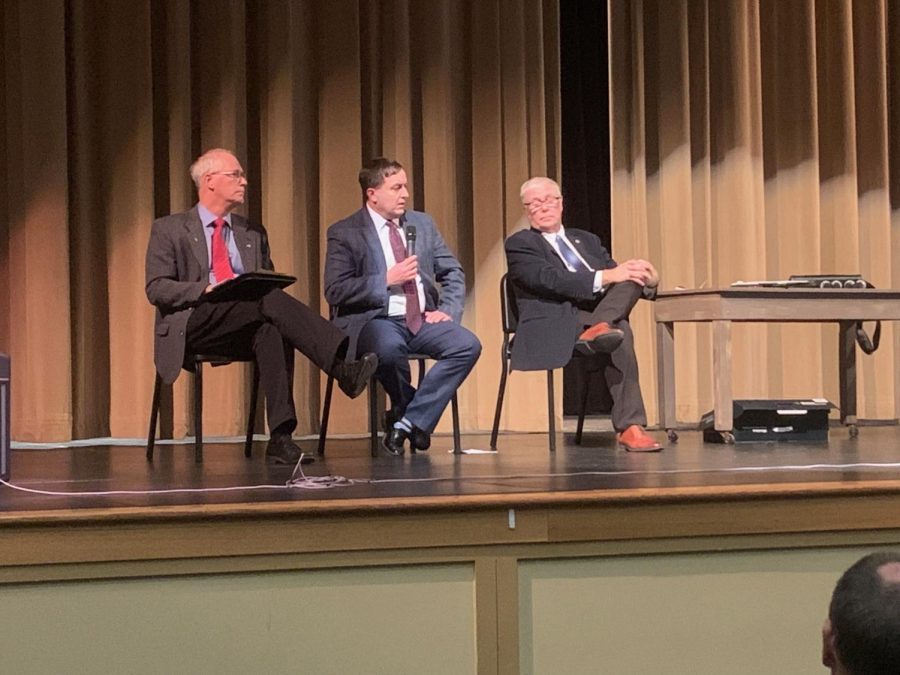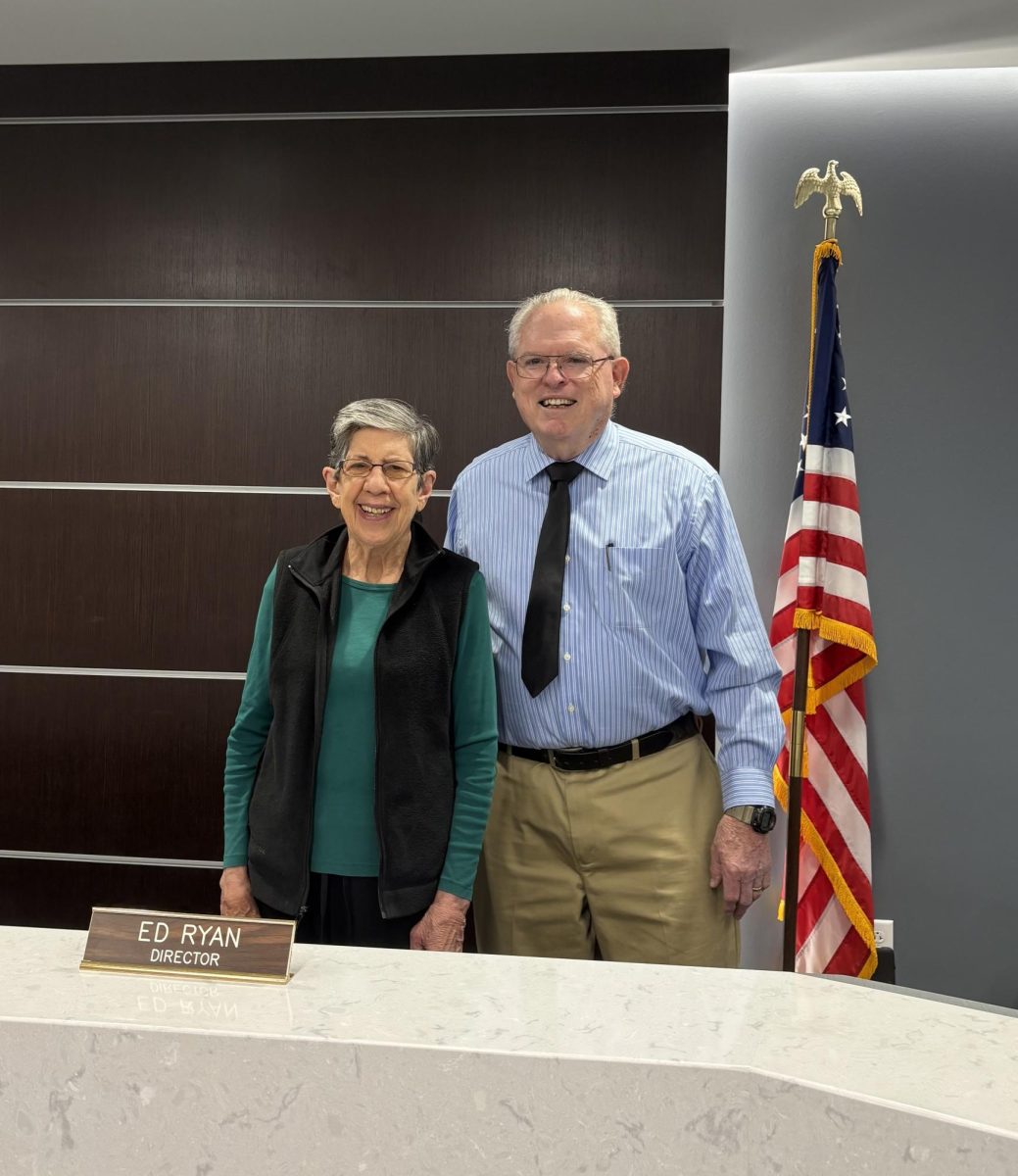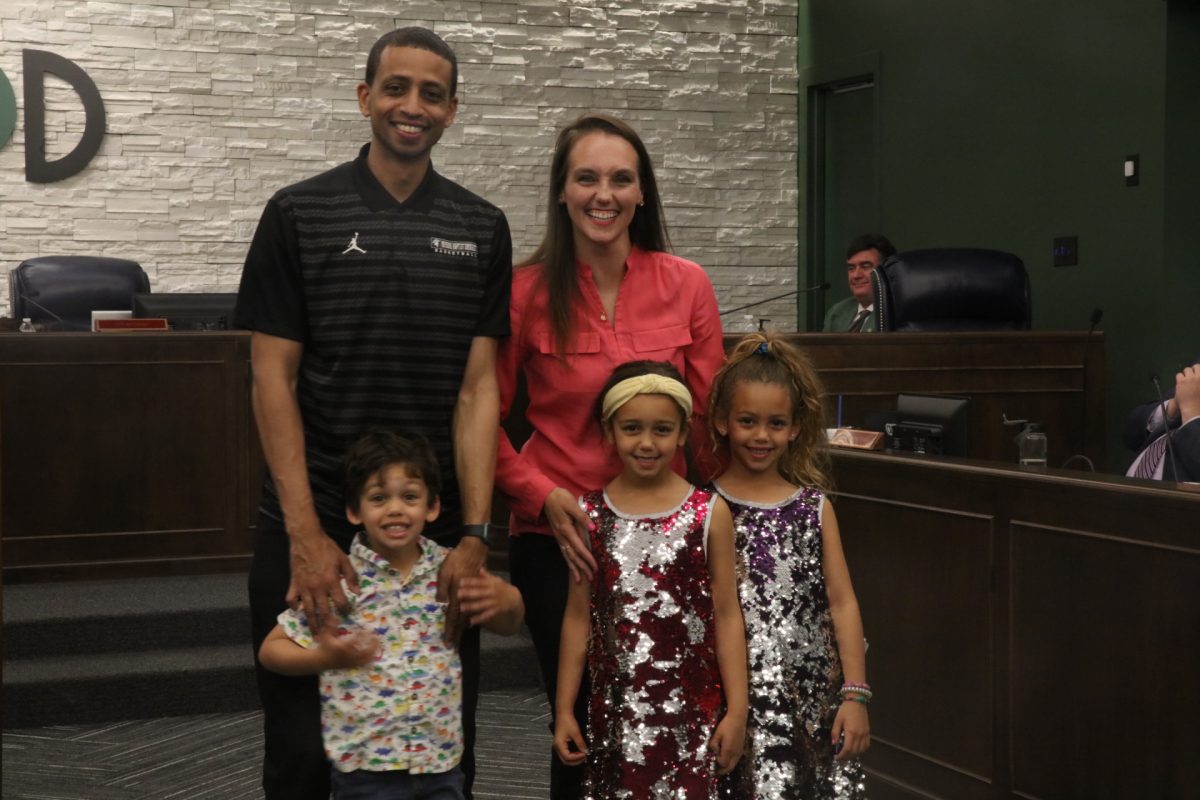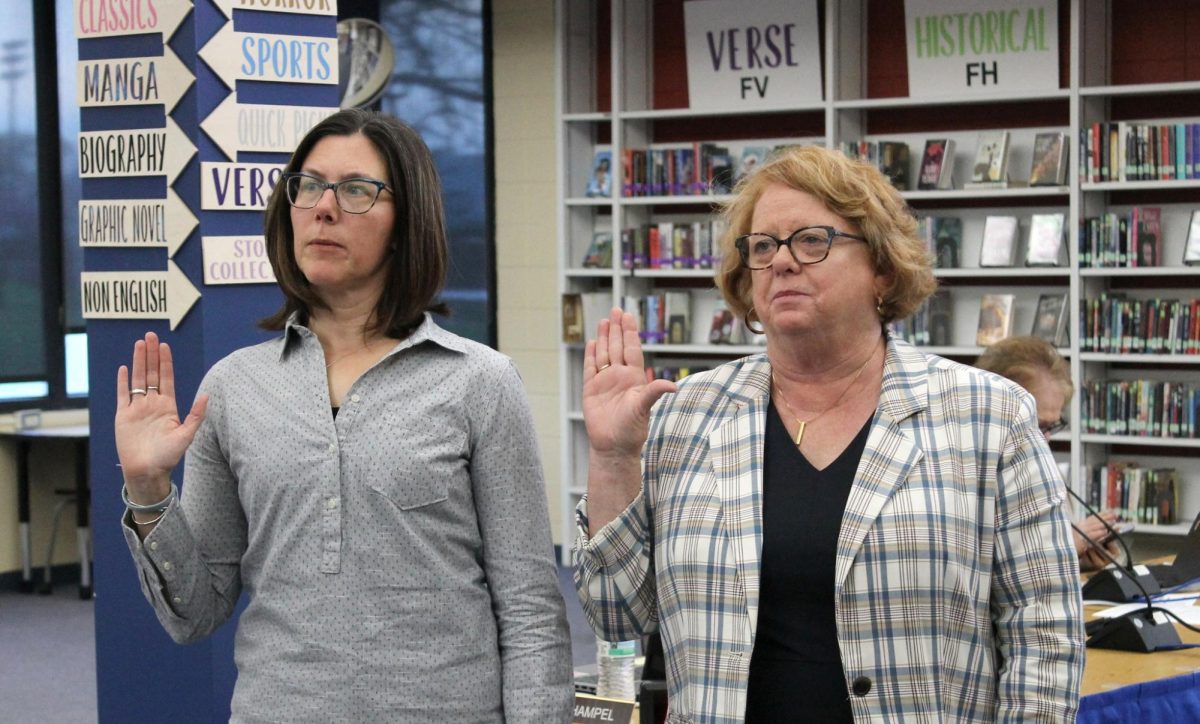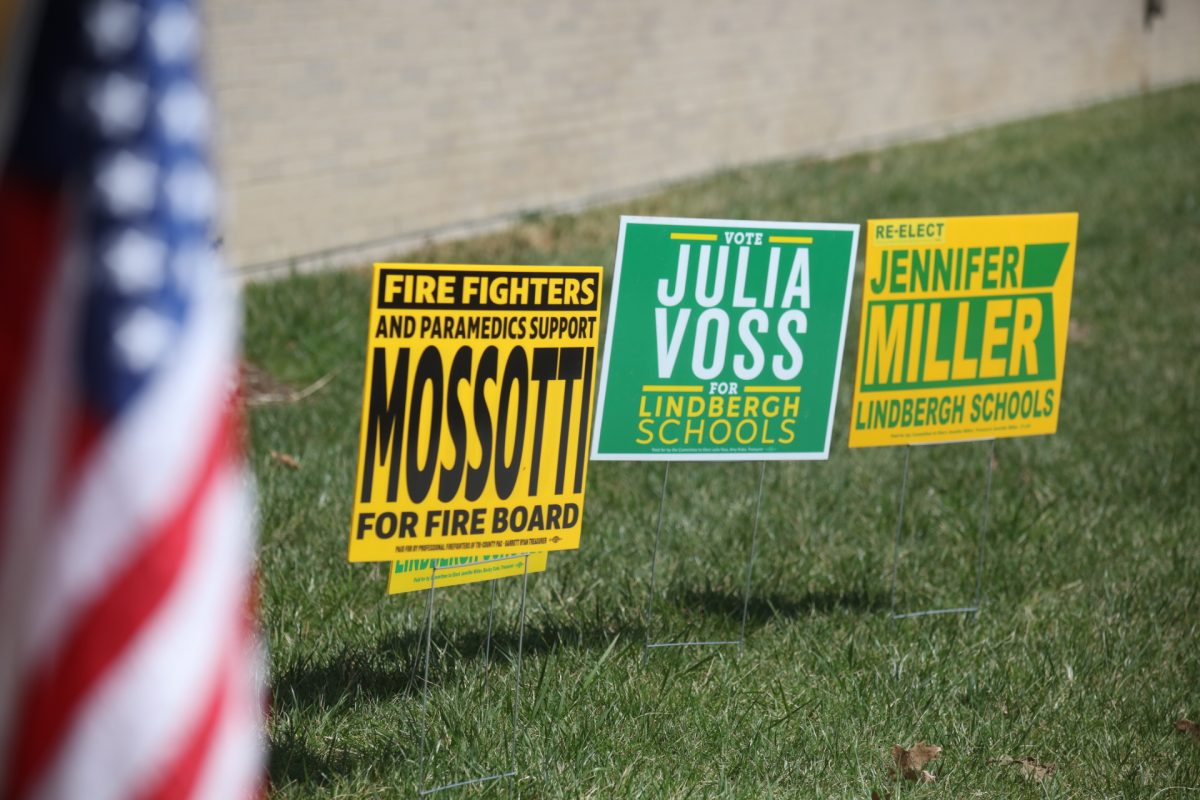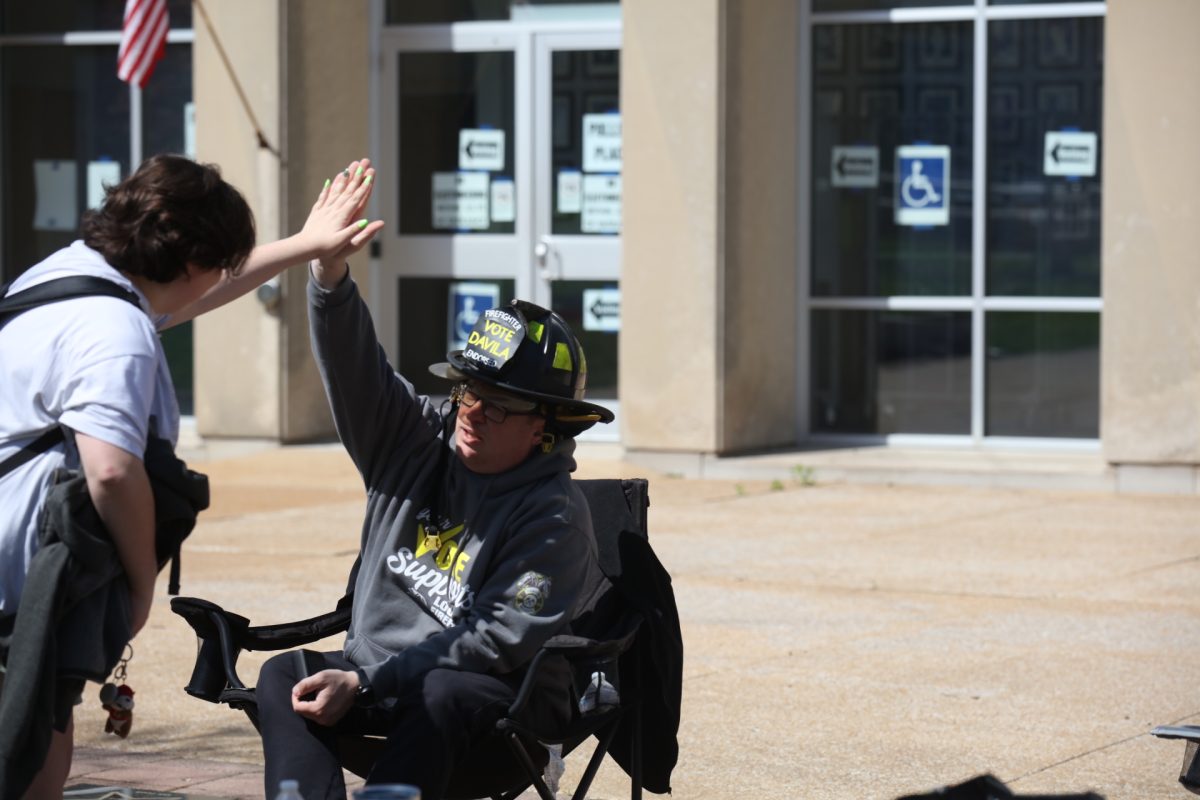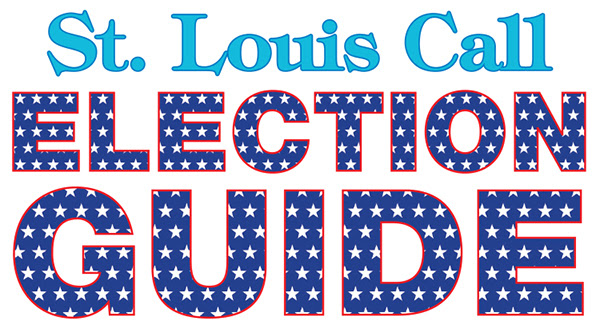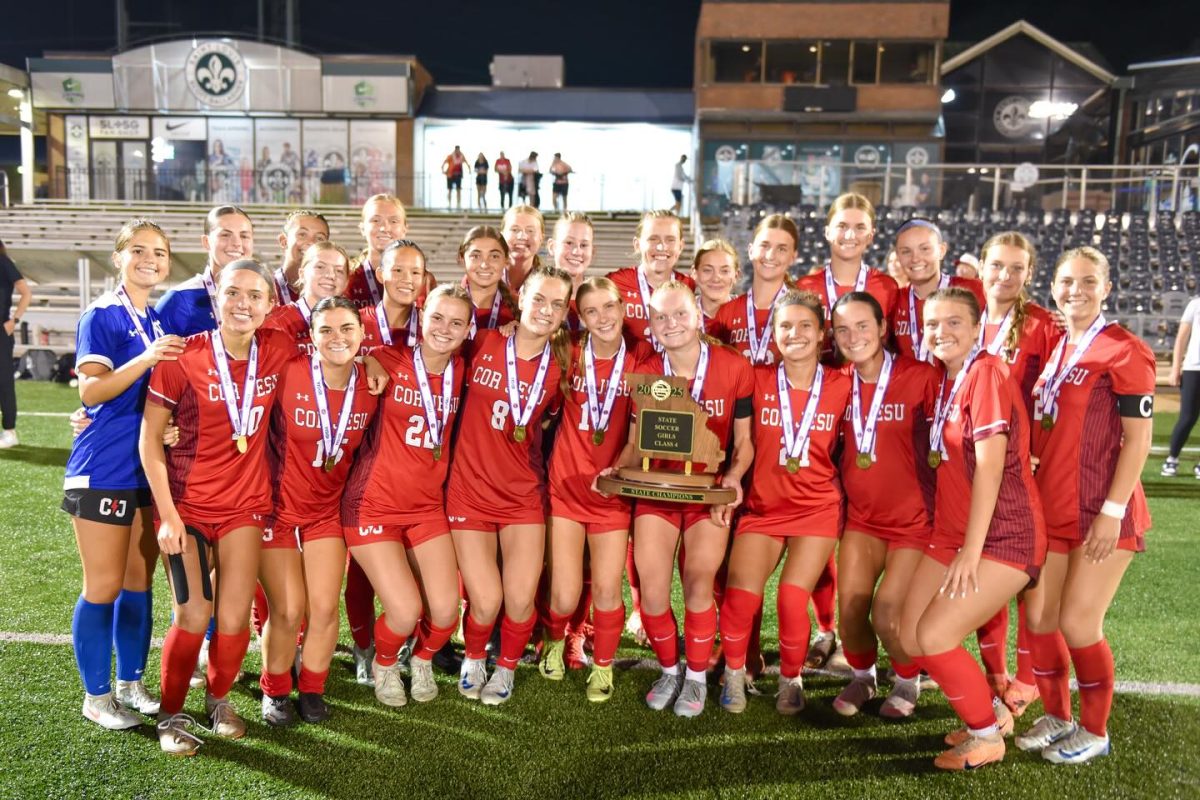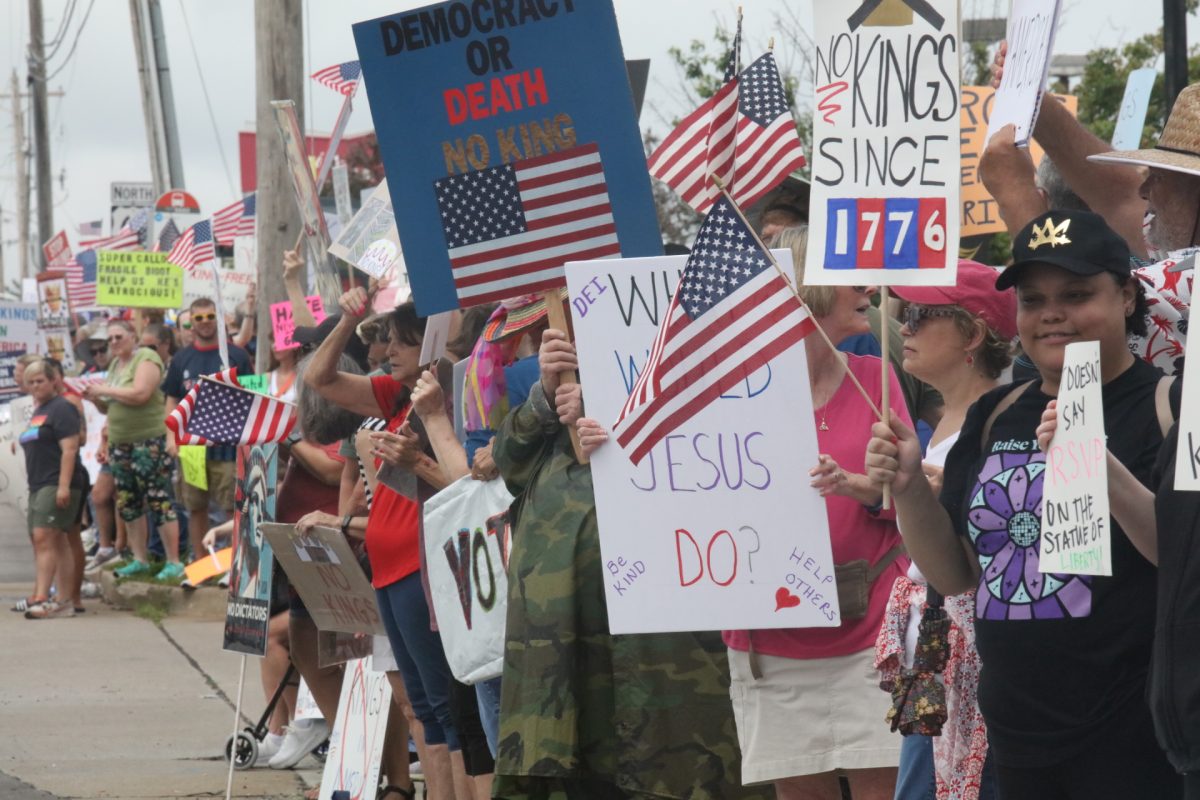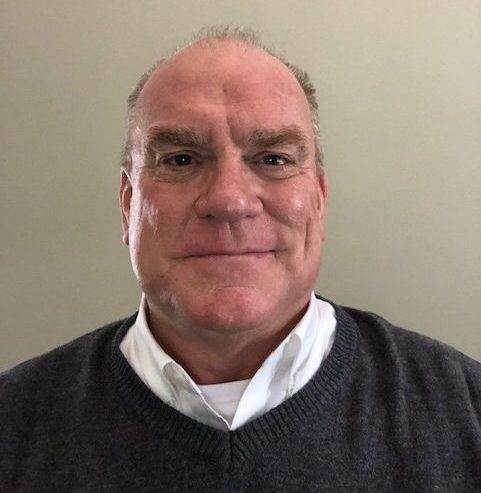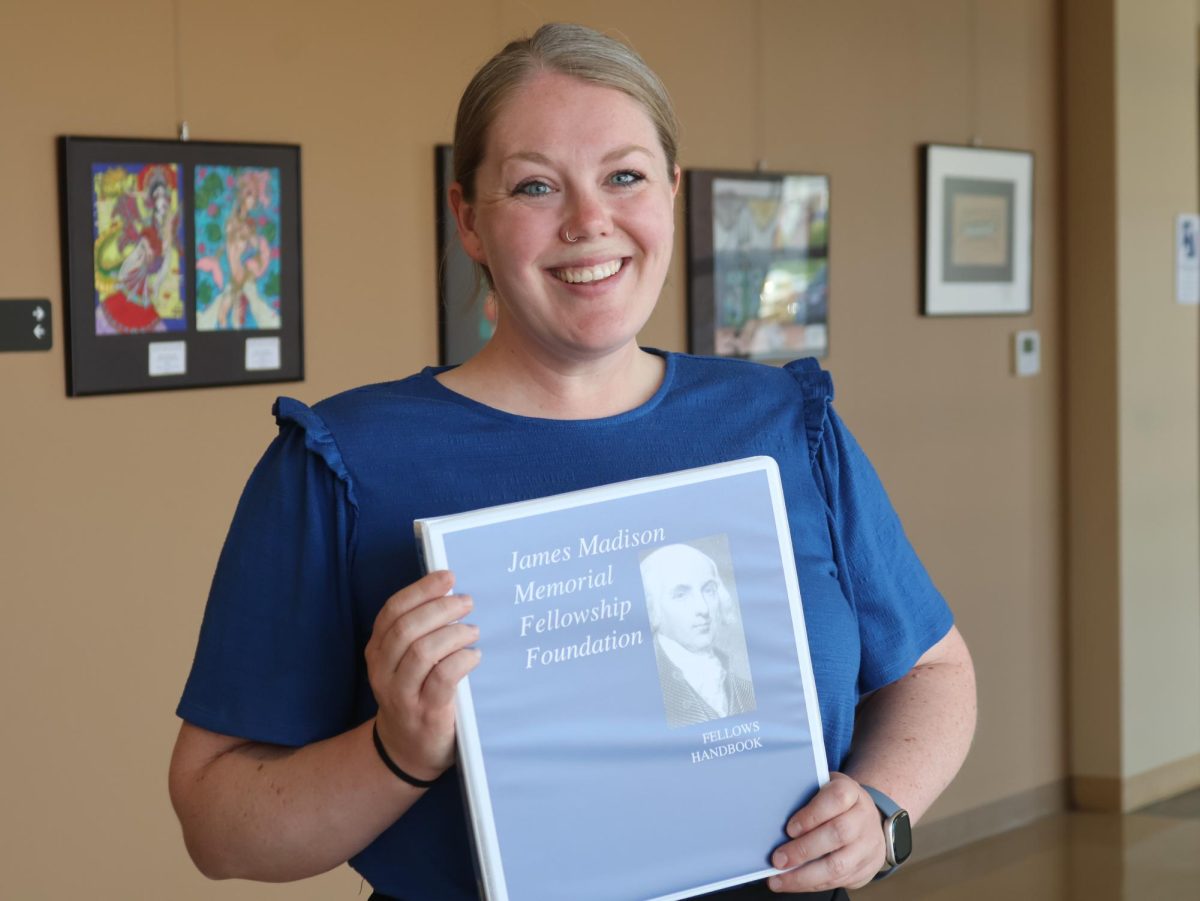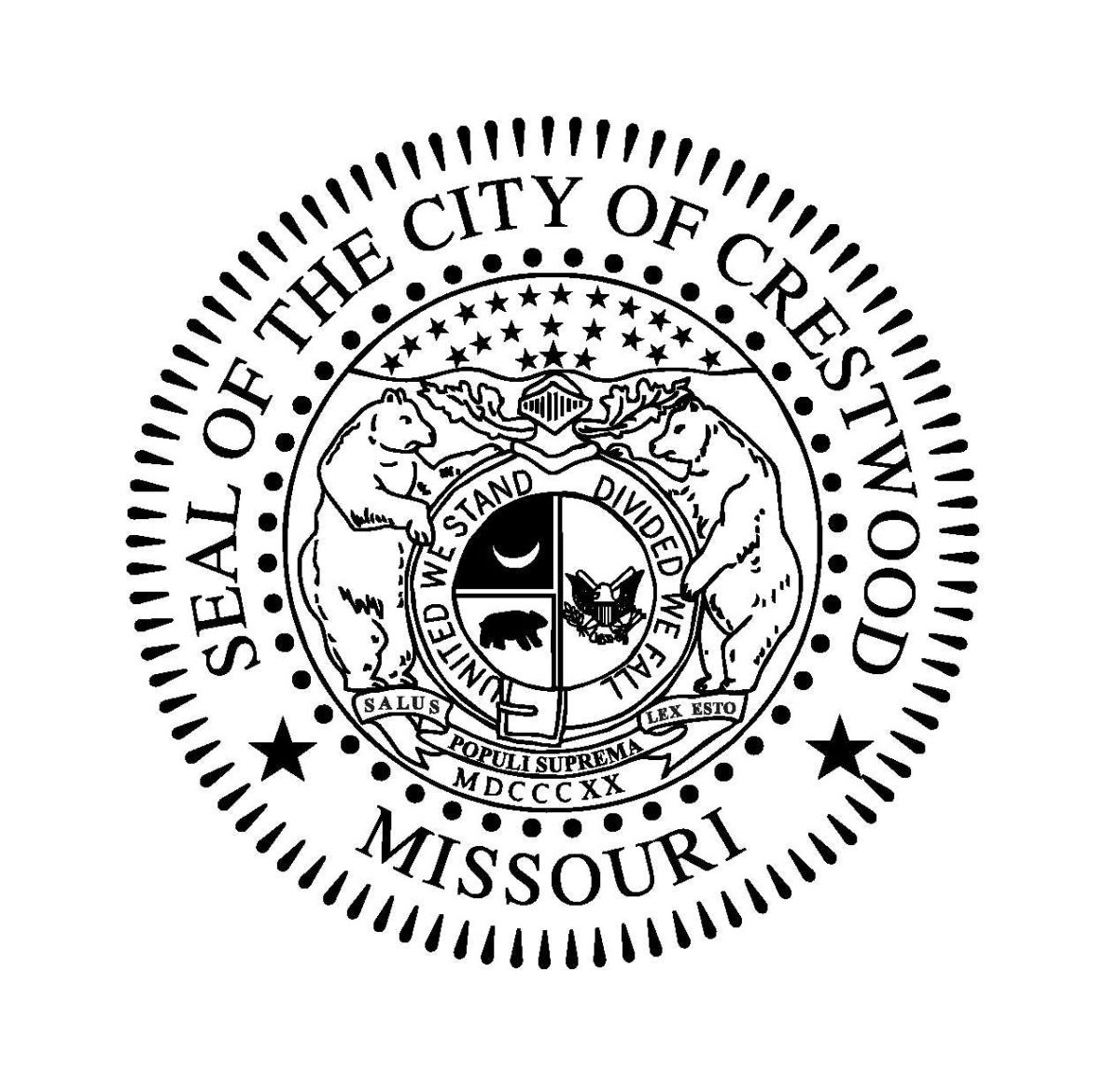State Reps. Jim Murphy and Michael O’Donnell, both R-Oakville, hosted a town hall Feb. 19 to allow citizens to ask questions about the election process and the state’s efforts to keep elections fair.
The event was held at Mehlville High School’s Nottlemann Auditorium with Secretary of State Jay Ashcroft, St. Louis County Directors of Elections Rick Stream and Eric Fey, House Elections Committee Chairman Rep. Dan Shaul, and St. Charles County Director of Elections Kurt Bahr featured as panelists.
Voter fraud
The panelists were immediately questioned about the amount of voter fraud in Missouri during the 2020 Election, to which Ashcroft said there were only a handful of cases identified by his office where people voted illegally or voted twice.
“We have not found any evidence of what I would call systematic voter fraud by any groups or organizations,” Ashcroft said. “I don’t think the level was such that it would have changed any elections, but we do want to continue to make it easy for people to vote and hard for people to cheat and do it in such a way with transparency, visibility and auditability so that people can trust the elections.”
Ashcroft said the illegal votes were identified by the Electronic Registration Information Center system (ERIC) — 31 states that share a voter database to track addresses, deaths and people moving to a different state. The system will note changes and government workers will verify if the changes are accurate before they are implemented. Missouri joined the system in 2019.
Despite the small amount of voter fraud identified in the state, Ashcroft is pushing for state Senate Bill 670, which he has dubbed “election integrity reform.” Ashcroft’s website features a countdown highlighting the time left for the legislature to pass the bill.
The bill would allow the SOS to audit voter record and withhold funds from election authorities who do not comply, require paper ballots, prohibit election law changes within the six months before an election, prohibit touch screen and electronic vote counting by 2024 and introduce changes to voter requirements for in-person and absentee voting.
Murphy and O’Donnell both said they are in support of requiring paper ballots and photo ID.
Stream said the process of protecting ballots and voting machines includes a lot of safeguards to prevent fraud. Absentee ballots, counting rooms and voting machines are locked up 24/7, requiring both a Democrat and Republican representative to unlock the gates protecting them. Stream said the machines are never connected to the internet to help prevent hacking.
Forensic audits
Murphy said the biggest improvement the state needs in its election processes are post-election.
“We say we do everything at the gate on the day of the election or when the absentee ballot comes in. Here we have a person who voted, and we think they voted right, but has anyone here ever gotten a phone call after the election saying, ‘Did you actually vote?’” Murphy said. “I think that’s part of a forensic audit that we could have.”
Several submitted questions asked why the state has no forensic audits in place, but Bahr made it clear there is no definition of forensic audit.
“It sounds great, but it’s a meaningless term. Nobody knows exactly what a forensic audit is because it doesn’t exist, there’s no definition,” Bahr said. “Arizona did a recount by hand, which is very different than what most people think of as a forensic audit.”
Bahr said the state does have audits in place, but a lot of people are unaware of what they are or that they exist. He said workers check every tabulator machine before and after elections to ensure they work properly, double-check counts in certain precincts and hand count certain races like the one for governor.
Zuckerbucks
Citizens also questioned the panelists about “Zuckerbucks” — grants donated to Missouri and St. Louis by Facebook CEO Mark Zuckerberg to fund election outreach and election equipment. Missouri precincts received nearly $9 million total from these grants, with about a million going to St. Louis city and $2 million going to the county.
Ashcroft’s office received about $1 million, which he said went toward election pamphlets for registered voters. Other offices reported using the money for new election equipment, bonuses for election workers or not spending some of the money at all. Ashcroft said he has seen studies that allege the money was skewed on partisan spending, resulting in “five, six or seven” dollars being spent in Democratic areas for each dollar in Republican areas.
“If that sort of thing was used … to push voter turnout in certain areas over others, I don’t think that’s appropriate,” Ashcroft said.
Shaul said there are several bills to deal with “Zuckerbucks” and other private donations for elections being introduced in the Legislature, but outlawing them completely probably won’t happen. He said many other companies donated materials, food, water and PPE for election workers and the legislature is taking that into account.
Ranked choice voting
Currently, on betterelectionsmo.org, there is a petition to introduce ranked choice voting as an initiated constitutional amendment. This means if the petition gets enough signatures — around 170,000 according to Ashcroft — it would be added to the ballot in November and if approved, it would be a Missouri constitutional amendment.
The petition is funded through a group called Better Elections, which features Mexico, Missouri attorney David Roland as its treasurer. As of January, the group has not disclosed the source of its funding.
The petition calls for primary ballots to list all candidates, with the top four being added to the final ballot. The change would apply to races for the Missouri General Assembly and U.S. Congress. Murphy, Ashcroft and Shaul expressed their disapproval of the petition, citing complications with tallying the votes and manipulation. Shaul claimed the petition was started outside of Missouri, and there is a bill that would counteract the petition on the table.
Ashcroft and Murphy said the system is flawed for two reasons: it could result in only one party being on the final ballot, and candidates could push for supporters to rank opponents dead last to more easily eliminate close competition.
“It’s a very manipulative system, it’s not fair like we do now — the winner wins,” Murphy said.



